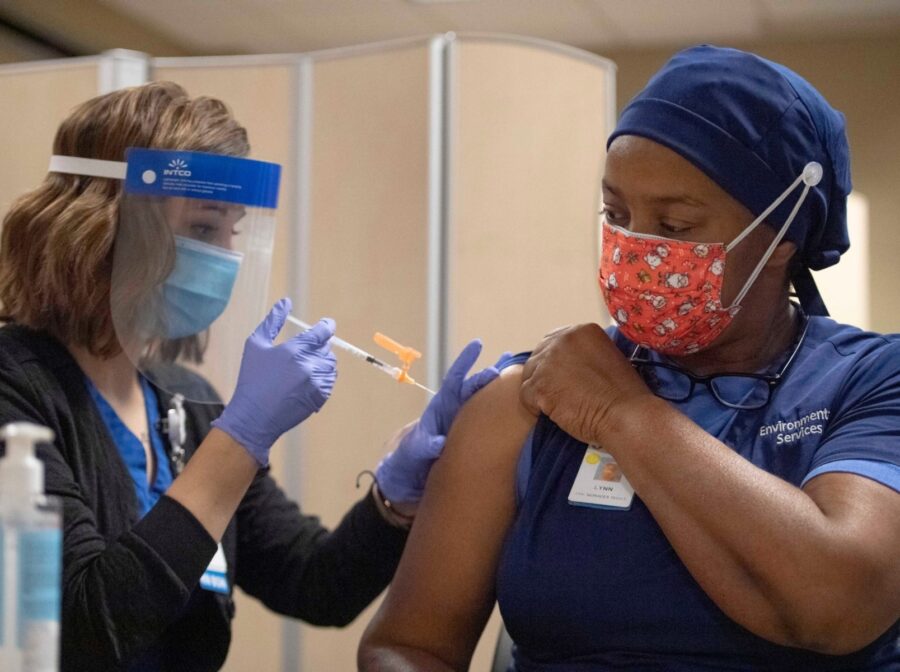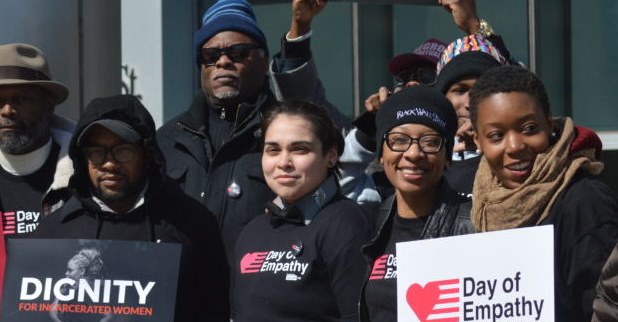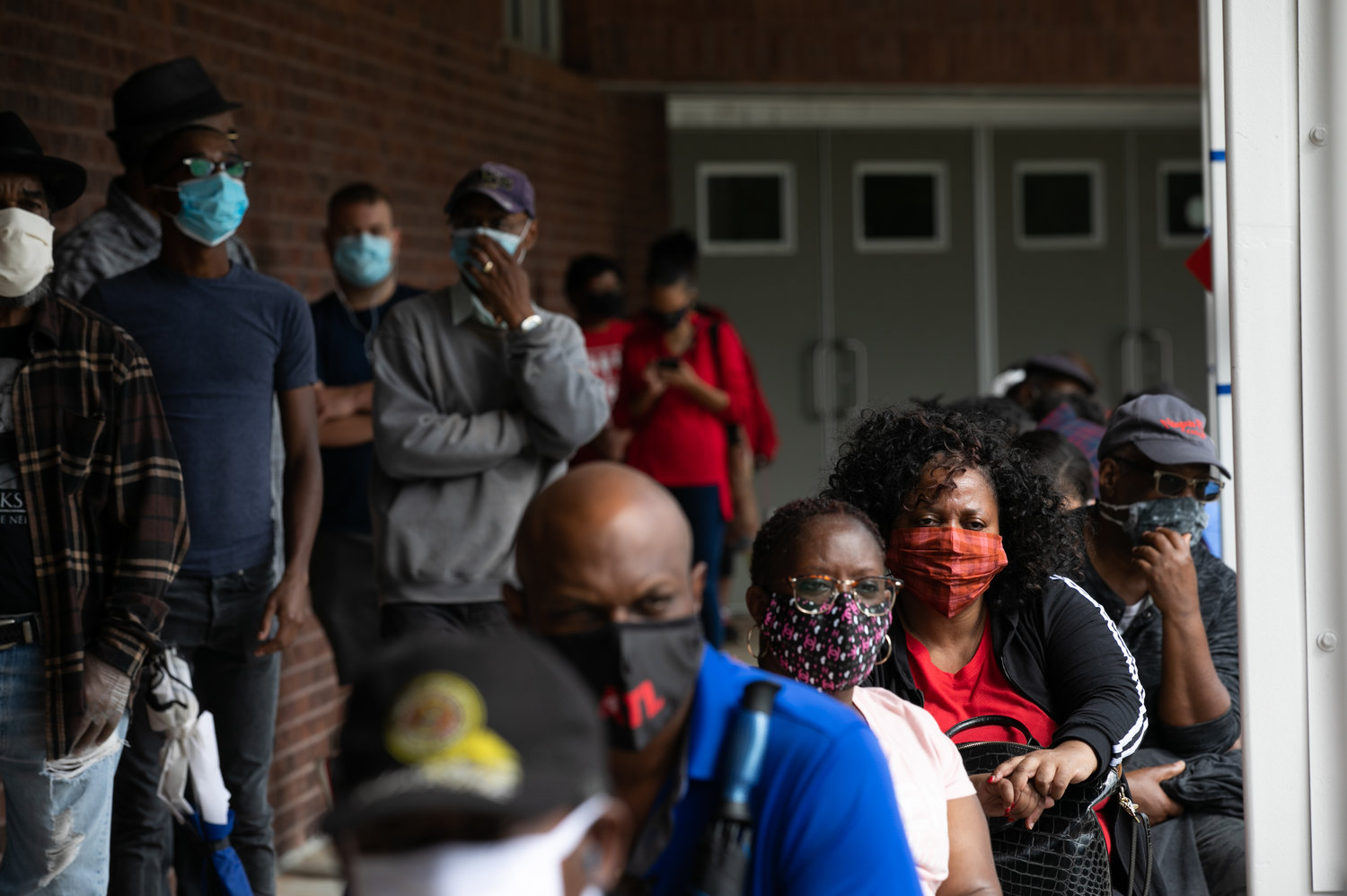
COVID-19 vaccination will help protect you from getting COVID-19. You may have some side effects, which are normal signs that your body is building protection. These side effects may affect your ability to do daily activities, but they should go away in a few days.
Common side effects
On the arm where you got the shot:
- Pain
- Swelling
Throughout the rest of your body:
- Fever
- Chills
- Tiredness
- Headache
Helpful tips
If you have pain or discomfort, talk to your doctor about taking over-the-counter medications, such as ibuprofen or acetaminophen.
To reduce pain and discomfort where you got the shot:
- Apply a clean, cool, wet washcloth over the area.
- Use or exercise your arm.
To reduce discomfort from fever:
- Drink plenty of fluids.
- Dress lightly.
When to call the doctor
In most cases, discomfort from fever or pain is normal. Contact your doctor or healthcare provider:
- If the redness or tenderness where you got the shot increases after 24 hours
- If your side effects are worrying you or do not seem to be going away after a few days
Scheduling your second shot?
If you need help scheduling your vaccine appointment for your second shot, contact the location that set up your appointment for assistance. For questions or if you are having trouble using vaccine management or scheduling systems, reach out to the organization that enrolled you in the system. This may be your state or local health department, employer, or vaccine provider.
About your second shot
Both COVID-19 mRNA vaccines will need 2 shots to get the most protection. The timing between your first and second shot depends on which vaccine you received. You should get your second shot:
- for the Pfizer-BioNTech 3 weeks (or 21 days) after your first shot,
- for the Moderna 1 month (or 28 days) after your first shot.
You should get your second shot as close to the recommended 3-week or 1-month interval as possible. However, there is no maximum interval between the first and second doses for either vaccine. You should not get the second dose earlier than the recommended interval.
Remember
- Side effects may feel like flu and even affect your ability to do daily activities, but they should go away in a few days.
- With most COVID-19 vaccines, you will need 2 shots in order for them to work. Get the second shot even if you have side effects after the first shot, unless a vaccination provider or your doctor tells you not to get a second shot.
- It takes time for your body to build protection after any vaccination. COVID-19 vaccines that require 2 shots may not protect you until a week or two after your second shot.
It’s important for everyone to continue using all the tools available to help stop this pandemic as we learn more about how COVID-19 vaccines work in real-world conditions. Cover your mouth and nose with a mask when around others, stay at least 6 feet away from others, avoid crowds, and wash your hands often.









